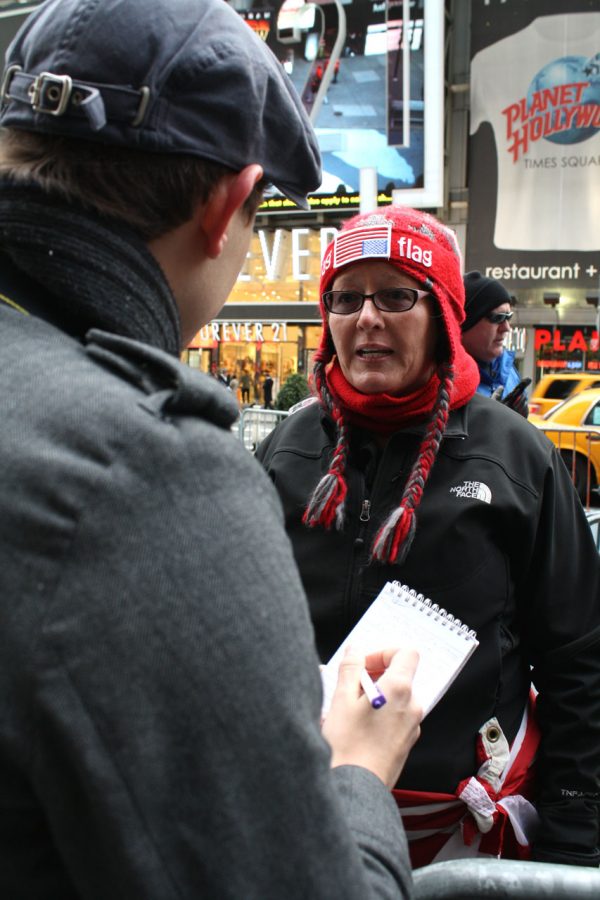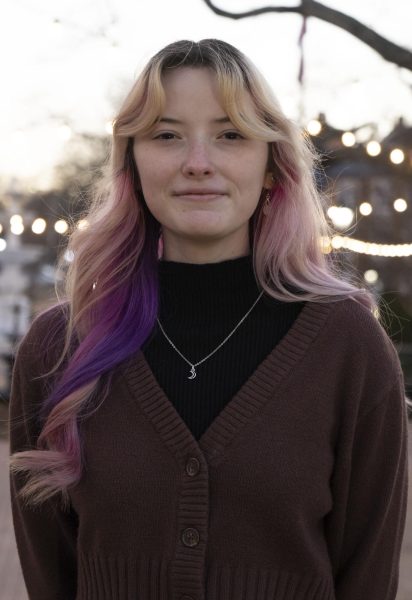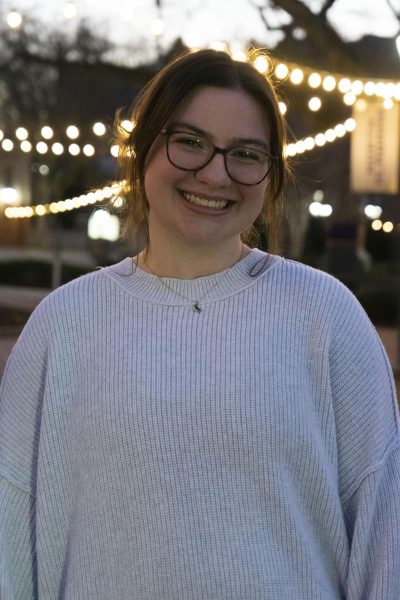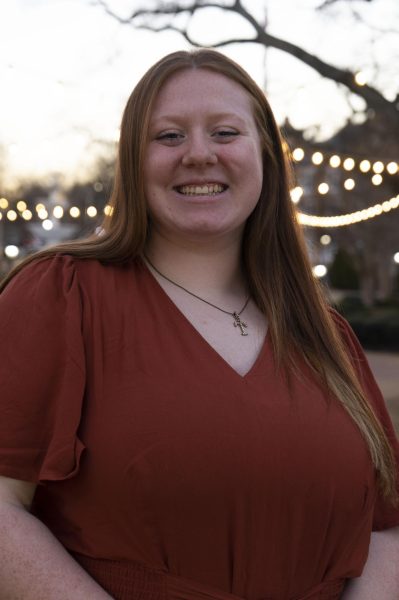Flor-Ala writer meets, questions Westboro
March 24, 2011
In 1998 Westboro Baptist Church came in to national light as its members picketed the funeral of Matthew Shepard, a young Wyoming man who was murdered based on his homosexuality. Since Westboro began its controversial protests 20 years ago, it has picketed more than 43,000 events, 800 of which have been funerals or other memorial services.
More recently, its protests of military funeral services has gained even more media attention, and even a Supreme Court case for the controversial speech. Their messages such as “God Hates America,” “You’re Going To Hell,” “The Jews Killed Jesus,” and “God Hates Fags” can be found all over the country at funerals, synagogues, concerts and other events and locations.
On March 14, I watched as members of Westboro staged a protest outside of the Marriott Marquis Hotel in the heart of Times Square in New York City. Approaching these picketers and listening to their offensive message, I can easily see how you can be pulled in to the emotions of what is being said, and I watched as a few people on the street verbally attacked the Westboro picketers, while others just shook their heads and walked by.
Margie Phelps, attorney and daughter of Fred Phelps, Sr. the founder of Westboro, was one of the five church members who were in the street protesting what she told me they lovingly refer to as the “media mob.” I was quickly confused as to why Westboro would protest something that has given them so much attention. I questioned Phelps and asked if she believed that the media she was protesting helped them get their message across. Phelps said that the media is unwittingly giving them this attention. “If I had a penny for every time I’ve read a column, a detailed column quoting all our signs as they said we need to ignore them, they cannot ignore them. They cannot ignore us.”
The beauty of this nation, and our constitutional rights is that, yes, we can ignore them. What’s even more beautiful is the fact that Westboro, or any Americans have the right to stand on that street corner in New York City, Kansas, or wherever they may find themselves and speak out against, in favor of, or in apathy of anything or anyone.
During the protest in Times Square I ran in to a couple visiting the United States from Australia. It was their first day in the country, and they were simply observing the Westboro picketers as well as the counter-protesters holding signs that read “Uncle F**kers,” and yelling many other obscene and profane comments towards Westboro. The couple was shocked by the legality of the protests and said “If you did this in the streets of Australia, you would be arrested.”
This is what separates the United States from the rest of the world. Westboro members have been banned from even entering many other nations, much less picketing. As Americans, our First Amendment rights allow us to not only say what we want to say, but allow others to say things we hate.
After speaking with Phelps, listening to her address the crowd at the National College Media Convention, and listening to her arguments that she made before the Supreme Court, I can say that I have gained what I would almost call respect for the message of Westboro and its right to address it. There is a surprising cordiality and friendliness in Phelps and the other members of the church that I was exposed to. Everything that Phelps said about the law, and the First Amendment was absolutely true. I’m not going to go in to any religious or emotional debates because the media pounds this every time they report Westboro.
I believe America needs to focus on the positive, and realize that the rights that Westboro is exercising what our founding fathers fought for. My challenge to America is, don’t ignore it. If you don’t agree, say so! Exercise your right to speak just as strongly as Westboro does.
My hope is that more people can understand the rights we cherish and why extremist groups like Westboro are such important reminders of these rights. I hope that someday Phelps, and other members of Westboro Baptist Church, will visit the University of North Alabama and remind us how fortunate we are to live in a nation where free speech is accepted. Just as Westboro members could stand in UNA’s Amphitheater and freely speak their message, so could any one of us. It’s the ultimate image of freedom.








